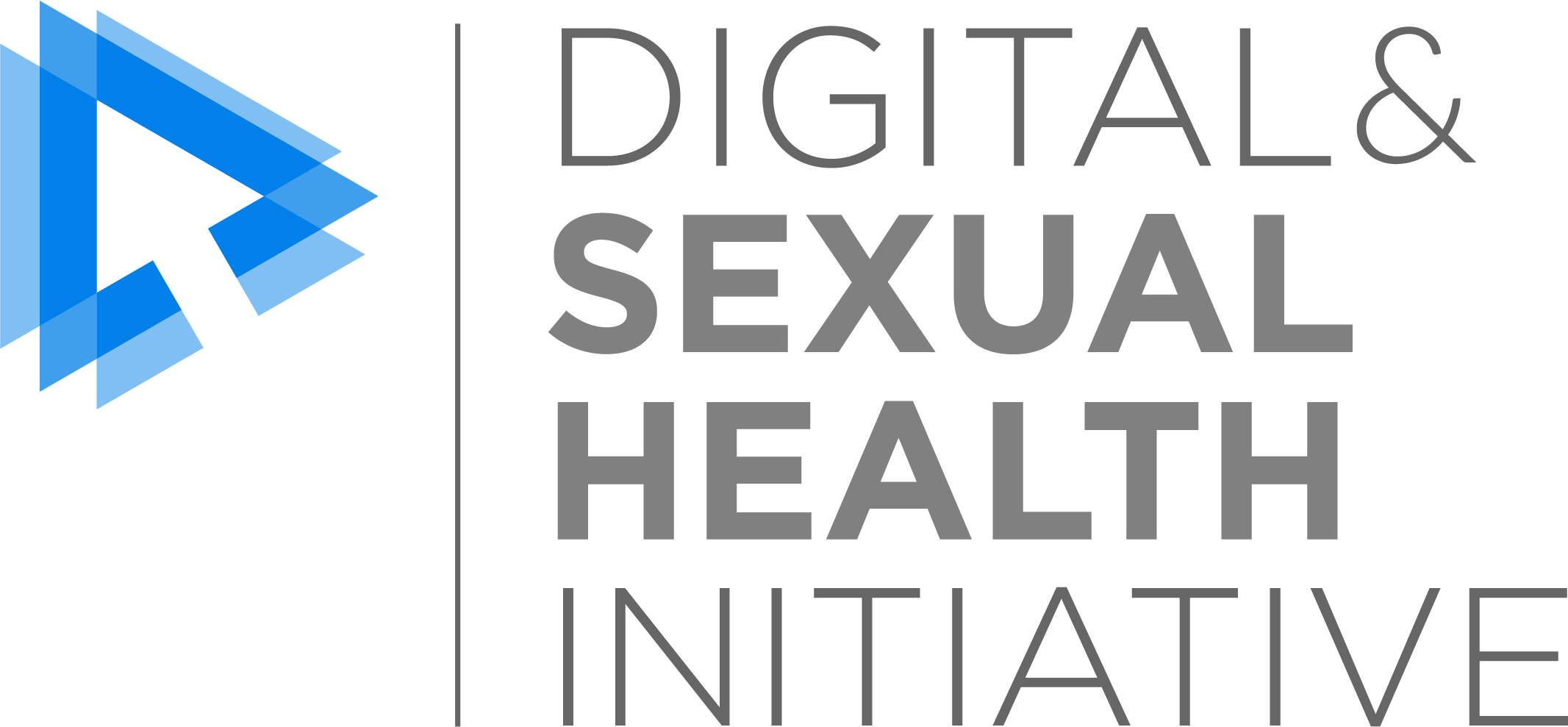Pay to skip the line: The political economy of digital testing services for HIV and other sexually transmitted infections
Research theme(s)
Internet Based Testing
Kinnon MacKinnon, Eric Mykhalovskiy, Catherine Worthington, Oralia Gómez-Ramírez, Mark Gilbert, Daniel Grace.
Social Science & Medicine. Published online first 03 Dec 2020.
The value of digital healthcare has been lauded in Canada at local, provincial, and national levels. Digital medicine is purported to enhance patient access to care while promising cost savings. Using institutional ethnography, we examined the potential for publicly funded digital testing for HIV and other sexually transmitted infections (STI) in Ontario, Canada. Our analyses draw from 23 stakeholder interviews with healthcare professionals conducted between 2019 and 2020, and textual analyses of government documents and private, for-profit digital healthcare websites. We uncovered a “two-tiered” system whereby private digital STI testing services enable people with economic resources to “pay to skip the line” queuing at public clinics and proceed directly to provide samples for diagnostics at local private medical labs. In Ontario, private lab corporations compete for fee-for-service contracts with government, which in turn organises opportunities for market growth when more patient samples are collected vis-à-vis digital testing. However, we also found that some infectious disease specimens (e.g., HIV) are re-routed for analysis at government public health laboratories, who may be unable to manage the increase in testing volume associated with digital STI testing due to state budget constraints. Our findings on public-private laboratory funding disparities thus discredit the claims that digital healthcare necessarily generates cost savings, or that it enhances patients’ access to care. We conclude that divergent state funding relations together with the creeping privatisation of healthcare within this “universal” system coordinate the conditions through which private corporations capitalise from digital STI testing, compounding patient access inequities. We also stress that our findings bring forth large scale implications given the context of the global COVID-19 pandemic, the rapid diffusion of digital healthcare, together with significant novel coronavirus testing activities initiated by private industry.
